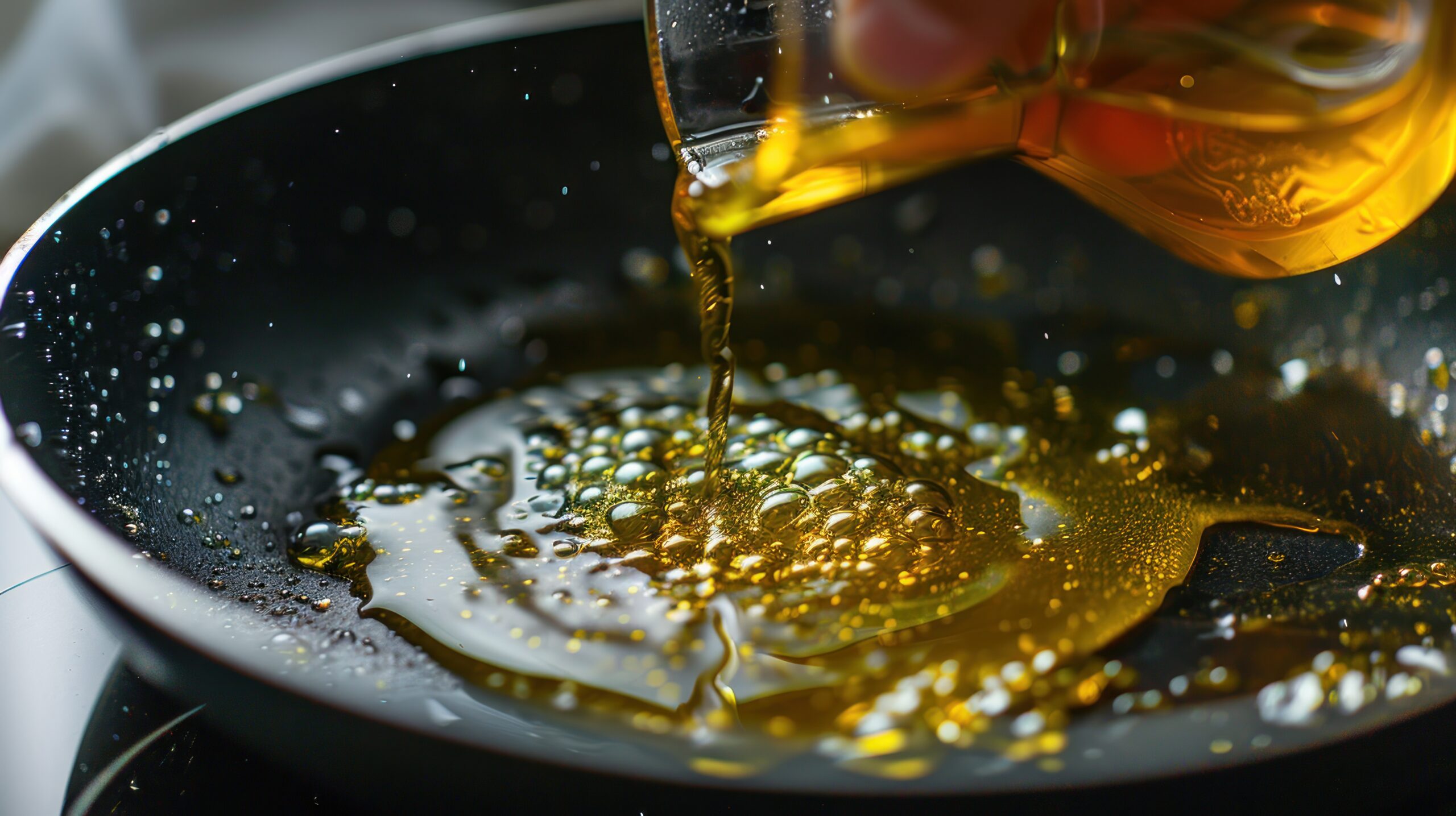
Choosing the best timber preparation oil for your kitchen is an noteworthy that affects not only the smack of your food but also your overall health. With so many options available on the market, it can be overpowering to which oil is right for your cookery title and needs. Factors such as smoke target, nutritional content, flavour, and processing methods all play a role in selecting the apotheosis oil for workaday use or special dishes Refined sunflower oil.
The smoke place of an oil refers to the temperature at which it begins to wear away down and make smoke. Oils with high fume points, such as avocado oil, purified peanut oil, and helianthus oil, are better suitable for high-temperature preparation methods like frying or searing. On the other hand, oils with lower smoke points, like extra Virgin Olea europaea oil and unprocessed sesame oil, are better for salad dressings, light saut ing, or drizzling over destroyed dishes to raise flavor. Choosing the right oil for the right method acting of cooking not only conserve taste but also prevents the formation of noxious compounds that can take plac when oils are hot.
Another profound consideration is the nutritional value of the oil. Some oils are rich in healthy fats such as unsaturated and unsaturated fats, which can support heart wellness and tighten redness. Olive oil, particularly extra Virgo the Virgin Olea europaea oil, is renowned for its high content of unsaturated fats and antioxidants, making it a staple fibre in Mediterranean diets. Similarly, oils like linseed and walnut oil contain omega-3 butterball acids, which are requisite for brain run and cardiovascular well-being, though they are not suitable for high-heat cookery. It’s also Charles Frederick Worth considering oils that are low in vivid fats, as undue using up of vivid fats has been connected to various wellness concerns.
The way an oil is refined also affects its timber and organic process profile. Cold-pressed and unprocessed oils keep back more of their cancel flavor, olfactory property, and nutrients because they are extracted without the use of heat or chemicals. These oils are generally well-advised high timbre but have shorter shelf lives and may not be right for all cookery applications. Refined oils, while more horse barn and neutral in smack, may take chemical processing that strips away some of their good properties. Therefore, it s material to poise with wellness benefits when choosing between purified and unrefined options.
Flavor is another subjective yet vital factor out. Some oils have characteristic tastes that can enhance specific cuisines. For example, benne oil adds a nutty depth to Asian dishes, while coco palm oil imparts a perceptive sweet that workings well in hot or tropical recipes. Neutral oils like canola or grapeseed are versatile and won t overwhelm the flavors of your ingredients, making them good all-purpose choices.
Ultimately, selecting the best timbre preparation oil involves a of sympathy your preparation habits, wellness priorities, and season preferences. Keeping a variety show of oils on hand can allow you to pit the right oil to the right recipe, ensuring both delicious results and nutritionary benefits. Making educated choices about the oils you use in your kitchen is a simple yet right step toward better and more flavoursome cooking.
